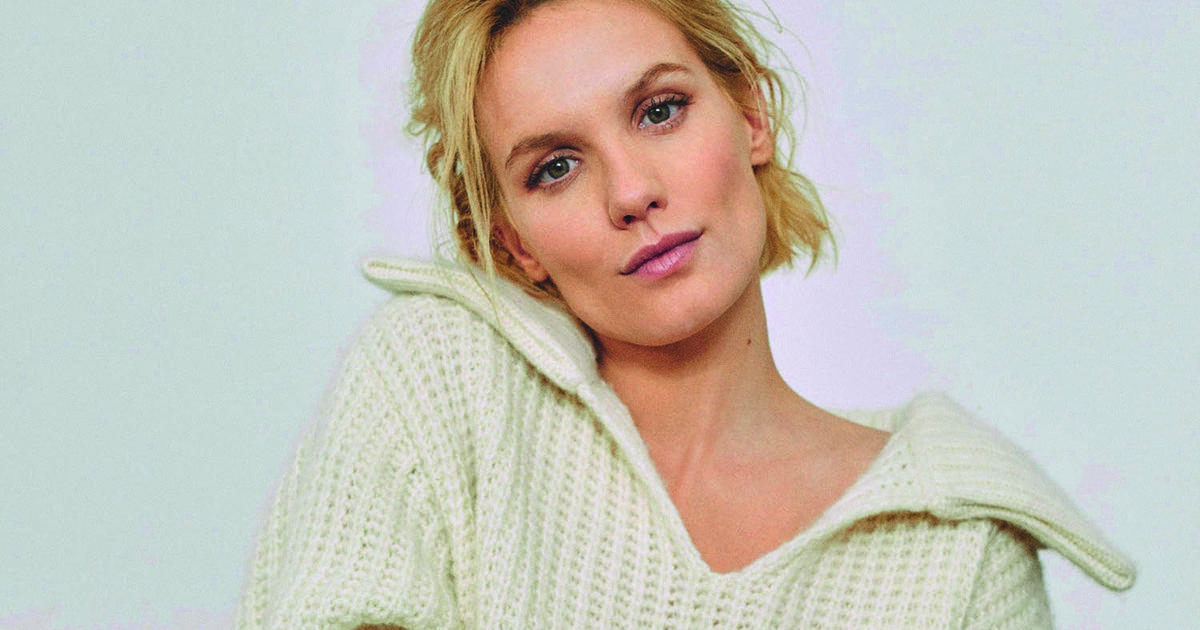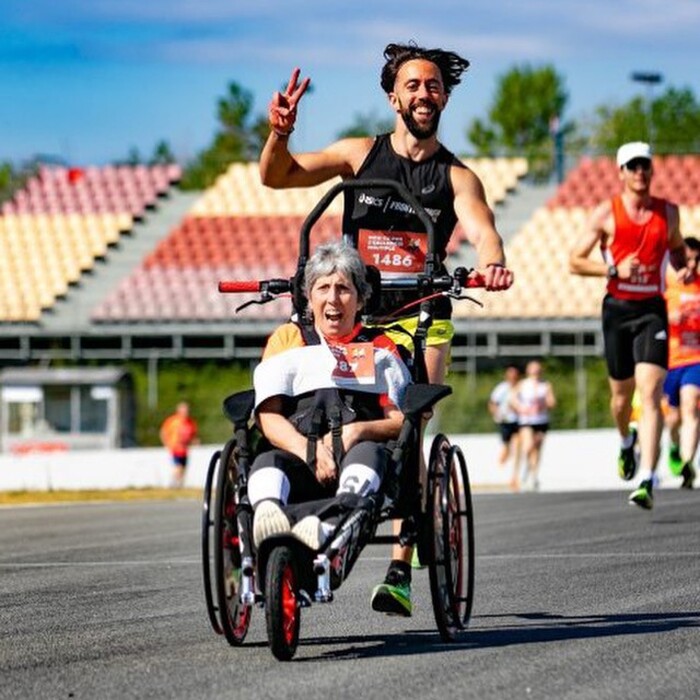Some children and young people yell, threaten, break objects, bang on doors, injure themselves, assault others, or even disrespect their parents.
"Adults speak of limits constantly and, frequently, they ignore that children do not know the meaning, they do not know how to identify or establish them," says Guillermo Blanco Bailac, a psychologist specializing in Clinical Psychology.
Likewise, he argues, this occurs because their brain is still immature and, although they know that they cannot transcend certain norms, "there is a margin of error."
“They have impulsiveness and they need a learning process to slow them down.
Children want, on many occasions, to impose their criteria with wrong behaviors ”, adds the expert.
How to act when your child disrespects you?
More information
Respectful Parenting: What Does It Really Mean?
Positive Discipline or how to raise and educate children from dignity and respect
Some parents find no solution.
Bailac explains that, on a biological level, the prefrontal cortex (where reflexivity is found, among others), takes time to mature - ending at about 21 years - and until then young people still do not know how to express themselves clearly.
“Children are impetuous and do not perceive risks.
We, the adults, are their example and they repeat the models, not only at home, but also at school.
Our reaction must be firm, without getting into the game or scaring ourselves.
We have to give them an alternative and not just censor them ”, says the clinical psychologist.
According to the professional, emotional management is difficult for the child and the task of adults should be to intervene and work on themselves, even resorting to relaxation and breathing techniques.
"We have to manage not to feel attacked and understand that the child is asking us for help to address the issue," says Bailac.
According to the psychologist, we should not enter into the “exchange of blows” and listen to their needs because they may not know how to explain themselves: “Families must work on empathy, that is, make the child aware of what they have done and who they have been harming .
It is better not to ask him to apologize because, although he probably does, he does not understand the reason for his actions.
For this reason, it is more satisfactory to work from this understanding to the other ”.
If you are calm, your child will be calm
“Disobedience is unintentional in children. They don't do anything mean. They don't want to hurt anyone with their actions because they don't even think about it ”, adds Germán Felpeto, a psychologist and educator for minors. “The little ones want the attention of their parents and relatives and when they don't get it they throw themselves on the ground or they don't eat. And if, in those situations, you attend to his claim, he will repeat it because it has worked for him. If you communicate calmly, they receive it that way. If you are calm, your child will be calm. On the contrary, if you are not, it will be stressed. Both parents should support each other, not disavow each other, or one downplay the issue, when the other does not, ”he asserts.
The expert makes a differentiation regarding adolescence: “Young people continue to experiment with feelings, with their peers and with the context that surrounds them. They also need a secure frame. If this is not the case, the children get out of control. Everything they live, they do for the first time and for them it is crucial. You should not detract from what they feel or think because that is where they become reactive and disobey ”. The professional speaks at this point of vicarious learning (your children see what you do and imitate it): "You are not teaching them to yell or insult, but if you do, they see you and copy you."
Adolescents seek attention, but seek more conflict with their parents. For the expert, from the age of seven a "contract" or symbolic price between parents and children can be established. “We talked about, for example, the time of arrival at home. There is a conversation and a framework is established, where the young person feels a participant in the process. The agreement is drawn up and signed with the conditions ”, reflects the professional.
Until the age of 21, there may still be a childhood learning. “All stages present complexities and our job as adults is to try to understand them and not underestimate our children. They don't have to live like we have, ”Felpeto continues. For the professional, parents should analyze the behavior and find out what their children are doing something for and not why: “If they want time, I'll dedicate it to them. Children are content with very little ”.
Also, in adolescence, parents need to pay more attention to the signs. “Ask your child what he wants and what he needs or how his day has gone. The answer may not be what you would have liked, but at least he will value your interest. It's like telling him here I am. And it is enough ”, he adds. We have to be aware that we continually give them advice and orders, “however, we ignore being interested in their needs and feelings. Giving him confidence, the young man feels safe, ”says Felpeto.
“Families must remain calm and provide the child with the emotional support he needs, without justifying his misbehavior, but trying to understand the reasons.
In the same way, when necessary, they should excuse themselves for not having listened to them or offered time.
When the educational base is optimal, with the maturational development, emotions will be better managed.
Education based on respect on the part of the parents will allow the child to add importance to tolerance towards others and towards oneself ”, the psychologist concludes.
Consequences of confinement on the behavior of children and adolescents
In the study Consequences of COVID-19 Confinement on Anxiety, Sleep and Executive Functions of Children and Adolescents in Spain - PubMed (nih.gov) the psychological impact of confinement is observed in a sample of 1,028 children and adolescents, where 66.9 % and 67.9% respectively present medium or higher anxiety.
Blanco Bailac also talks about this type of event due to the death of a relative. "In babies we can see intense crying and in older children, more irritability," says the psychologist. According to the specialist, the pandemic has also left a mark on adults. “We are all more upset. There is a greater propensity for autolytic activities. In the same way, it must be said that suicide is also spoken more clearly.
In adolescence, for example, there are a greater number due to the issue of impulsivity.
Cutting (cutting) in puberty, manifests itself as a way to regulate emotions, since a feeling of relief is produced.
The networks play an important role in what is communication regarding this and other issues among young people ”.
You can follow De mamas & de papas on
,
or sign up here to receive
our weekly newsletter
.









